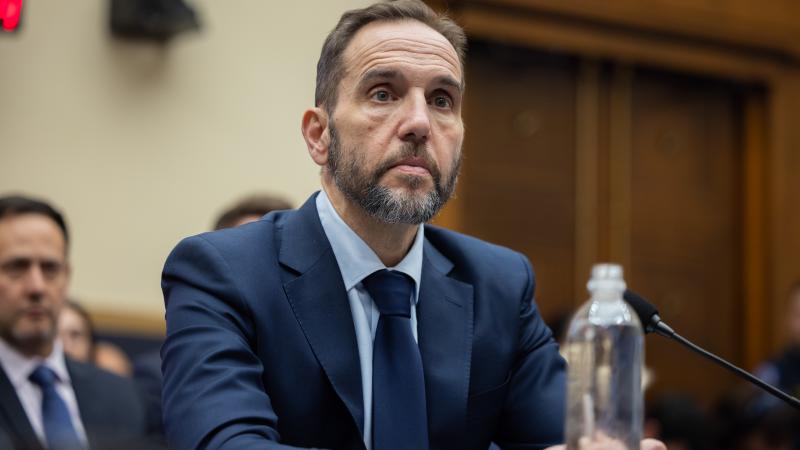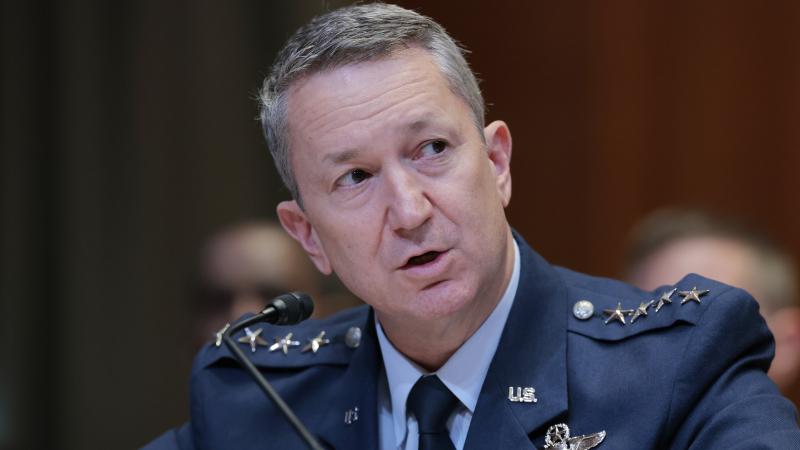Smith's claim about no hacked election systems could boomerang on him during Trump case
Seyyed Mohammad Hosein Musa Kazemi, 24, and Sajjad Kashian, 27, were charged in November of 2021 with obtaining confidential U.S. voter information, sending threatening emails to intimidate voters, and disseminating a video with disinformation about election vulnerabilities.
Special Counsel Jack Smith's Tuesday indictment of former President Donald Trump contends that he knew his claims of election fraud were false and pushed them anyway, but at least one instance Smith cites to make that claim could backfire on him in a big way.
The indictment includes several examples of Trump's supporters and and officials telling him that his claims were false as evidence that Trump knowingly pursued false claims. Among those instances cited is a statement from Cybersecurity and Infrastructure Security Agency (CISA) that Trump created claiming that no evidence supported claims of compromised voting systems.
"The Department of Homeland Security's Cybersecurity and Infrastructure Security Agency ('CISA')–whose existence the Defendant signed into law to protect the nation's cybersecurity infrastructure from attack–joined an official multi-agency statement that there was no evidence any voting system had been compromised and that declared the 2020 election 'the most secure in American history,'" the indictment reads. "Days later, after the CISA Director–whom the Defendant had appointed–announced publicly that election security experts were in agreement that claims of computer-based election fraud were unsubstantiated, the Defendant fired him."
Potentially undercutting that example, however, was a federal indictment from roughly a year later accusing a pair of Iranian hackers of successfully hacking into a state computer election system, subsequently stealing voter data, and using that material to intimidate Republican lawmakers.
Seyyed Mohammad Hosein Musa Kazemi, 24, and Sajjad Kashian, 27, were charged in November of 2021 with obtaining confidential U.S. voter information, sending threatening emails to intimidate voters, and disseminating a video with disinformation about election vulnerabilities.
While the original CISA statement may be sound in terms of the evidence it had at the time, the example of the Iranians serves to undercut the premise that no such evidence existed. Moreover, it certainly undercuts claims that Trump knowingly pursued false claims "that there had been outcome-determinative fraud in the 2020 presidential election."
Ben Whedon is an editor and reporter for Just the News. Follow him on Twitter.














